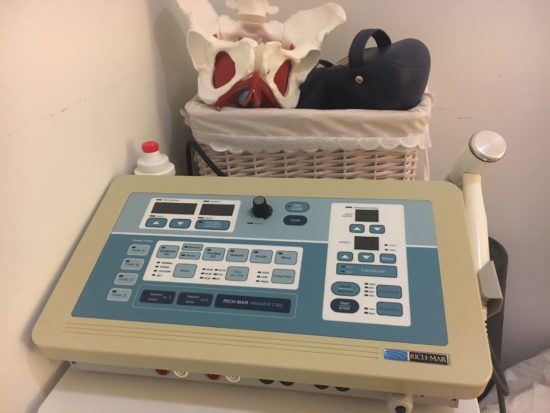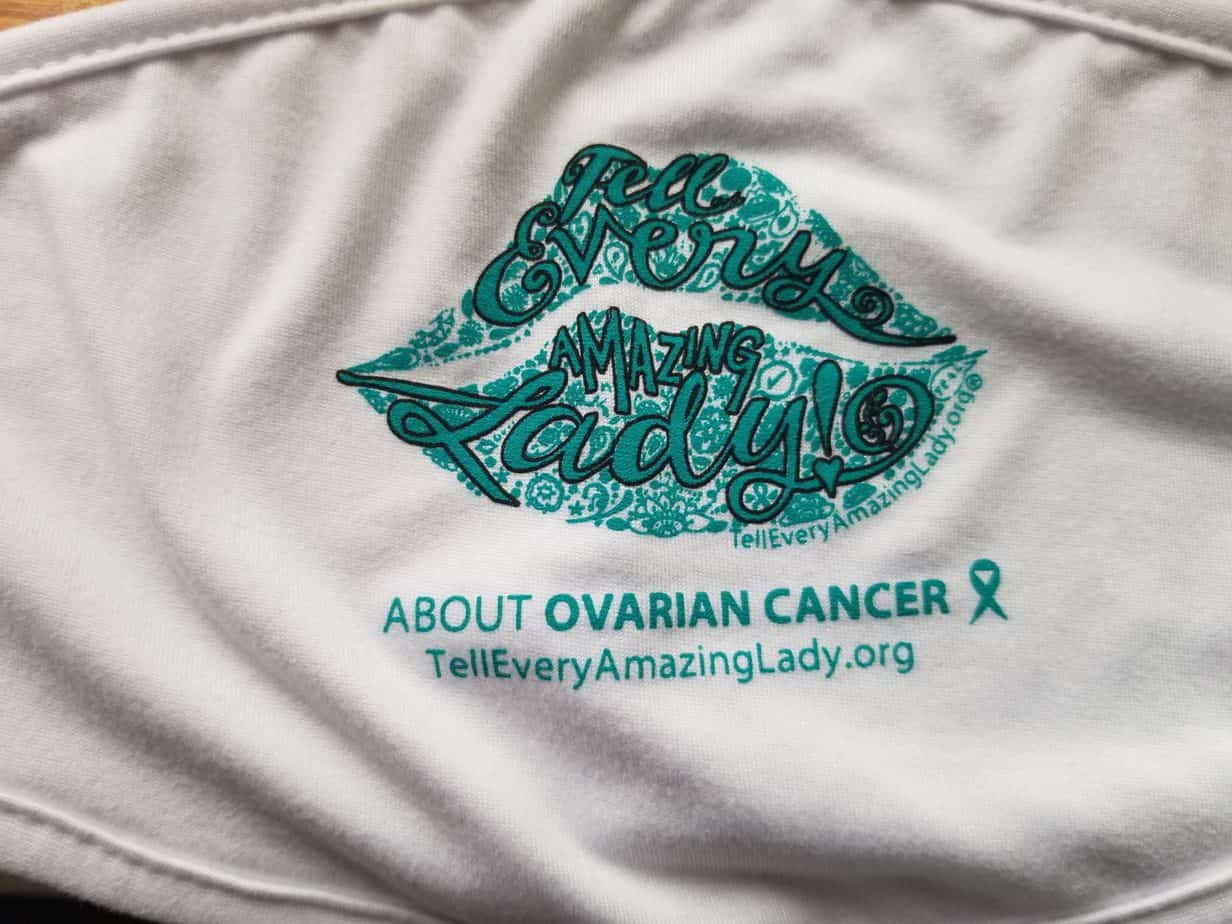FOR THE MEN OUT THERE!

No-shave November (Movember) started in Australia as a way to raise awareness for men’s health on a global scale, specifically for prostate and testicular cancers and mental health.
PROSTATE CANCER
All men are at risk for prostate cancer and it is the second most common cancer in men. 13 out of every 100 American male will get prostate cancer during their lifetime.
Risk factors include:
- Age– rare in men younger than 40, but about 6 in 10 cases of prostate cancer are found in men older than 65.
- Ethnicity– The reasons for these racial and ethnic differences are not clear. Prostate cancer develops more often in African-American men and in Caribbean men of African ancestry than in men of other races. Prostate cancer occurs less often in Asian-American and Hispanic/Latino men than in non-Hispanic whites.
- Geography Prostate cancer is most common in North America, northwestern Europe, Australia, and on Caribbean islands. It is less common in Asia, Africa, Central America, and South America. The reasons for this are not clear.
- Family history- most prostate cancers can occur without family history, though having a father or brother with prostate cancer greatly increases the risk
- Gene changes Several inherited gene changes (mutations) seem to raise prostate cancer risk, but they probably account for only a small percentage of cases overall.
Factors with less clear effects on prostate cancer risk
- Diet
- Obesity
- Smoking
- Chemical exposures
- Inflammation of the prostate
- Sexually transmitted infections
- Vasectomy
Different people have different symptoms for prostate cancer. Some men do not have symptoms at all. Symptoms include:
- Difficulty starting urination
- Weak or interrupted urine stream
- Frequent urination, especially at night
- Difficulty emptying the bladder completely
- Pain or burning during urination
- Blood in the urine or semen
- Pain in the back, hips, or pelvis that doesn’t go away
- Painful ejaculation
TESTICULAR CANCER
About 1 of every 250 males will develop testicular cancer at some point during their lifetime. The average age at the time of diagnosis of testicular cancer is about 33.
Risk Factors
- Undescended testicle- One of the main risk factors during which one or both testicles fail to move from the abdomen into the scrotum before birth.
- Family history- Only a small number of testicular cancers occur in families. Most men with testicular cancer do not have a family history of the disease. Klinefelter’s syndrome is an inherited disease that’s also linked to an increased risk of testicular cancer.
- HIV infection- Some evidence has shown that men infected with the human immunodeficiency virus (HIV), particularly those with AIDS, are at increased risk.
- Carcinoma in situ- This condition often doesn’t cause a lump in the testicles or any other symptoms and it isn’t clear how often carcinoma in situ (CIS) in the testicles progresses to cancer.
- Cancer in the other testicle- About 3-4% of men who have been cured of cancer in one testicle will at some point develop cancer in the other testicle.
- Age- About half of testicular cancers occur in men between the ages of 20 and 34, though testicular cancer can affect males of any age, including infants and elderly men.
- Race and ethnicity- The risk of testicular cancer among Causasian men is about 4 to 5 times that of African-American and Asian-American men.
- Body size- Several studies have found that tall men have a somewhat higher risk of testicular cancer, but some other studies have not. Most studies have not found a link between testicular cancer and body weight.
MEN AND MENTAL HEALTH
The prevalence of mental illnesses in men is often lower than women. Men with mental illnesses are also less likely to have received mental health treatment than women in the past year. Men and women can develop most of the same mental disorders and conditions but may experience different symptoms. Symptoms include:
- Anger, irritability, or aggressiveness
- Changes in mood, energy level, or appetite
- Sleep changes
- Difficulty concentrating, feeling restless, or on edge
- Increased worry or feeling stressed
- Misuse of alcohol and/or drugs
- Sadness or hopelessness
- Suicidal thoughts
- Feeling flat or having trouble feeling positive emotions
- Engaging in high-risk activities
- Aches, headaches, digestive problems without a clear cause
- Obsessive thinking or compulsive behavior
- Thoughts or behaviors that interfere with work, family, or social life
- Unusual thinking or behaviors that concern other people
How Can PT Help
Men who have to undergo procedures for cancers of the prostate or testicles may end up with bowel, bladder and/or sexual dysfunction. Pelvic physical therapy can include soft tissue massage, internal rectal trigger point release, bowel/bladder retraining, and therapeutic exercises.
Exercise programs can also help improve mood and may help to ease depression and anxiety by:
- Releasing feel-good endorphins
- Taking your mind off worries
- Helping to gain confidence
- Allowing more social interaction
- Allowing individuals to cope in a healthy way
Links for more information:
NIMH’s Help for Mental Illnesses
Agency for Healthcare Research and Quality.
https://us.movember.com/mens-health/get-support
If you or someone you know is in a crisis, get help immediately. You can call 911 or the National Suicide Prevention Line at 1-800-273-TALK (8255).
References:
https://www.cancer.org/cancer/prostate-cancer/causes-risks-prevention/risk-factors.html
https://www.cdc.gov/cancer/kinds.htm
https://www.nimh.nih.gov/health/topics/men-and-mental-health/index.shtml







